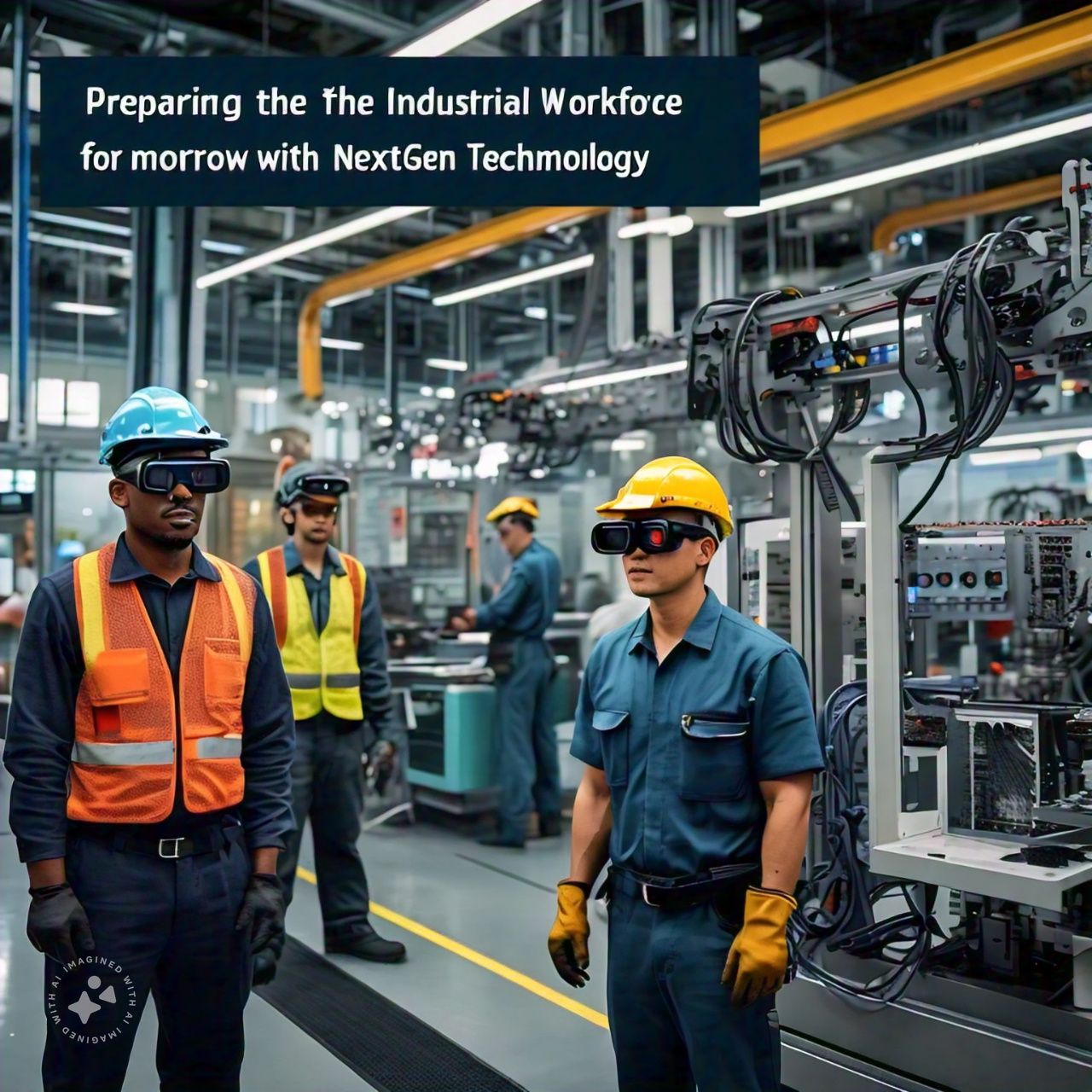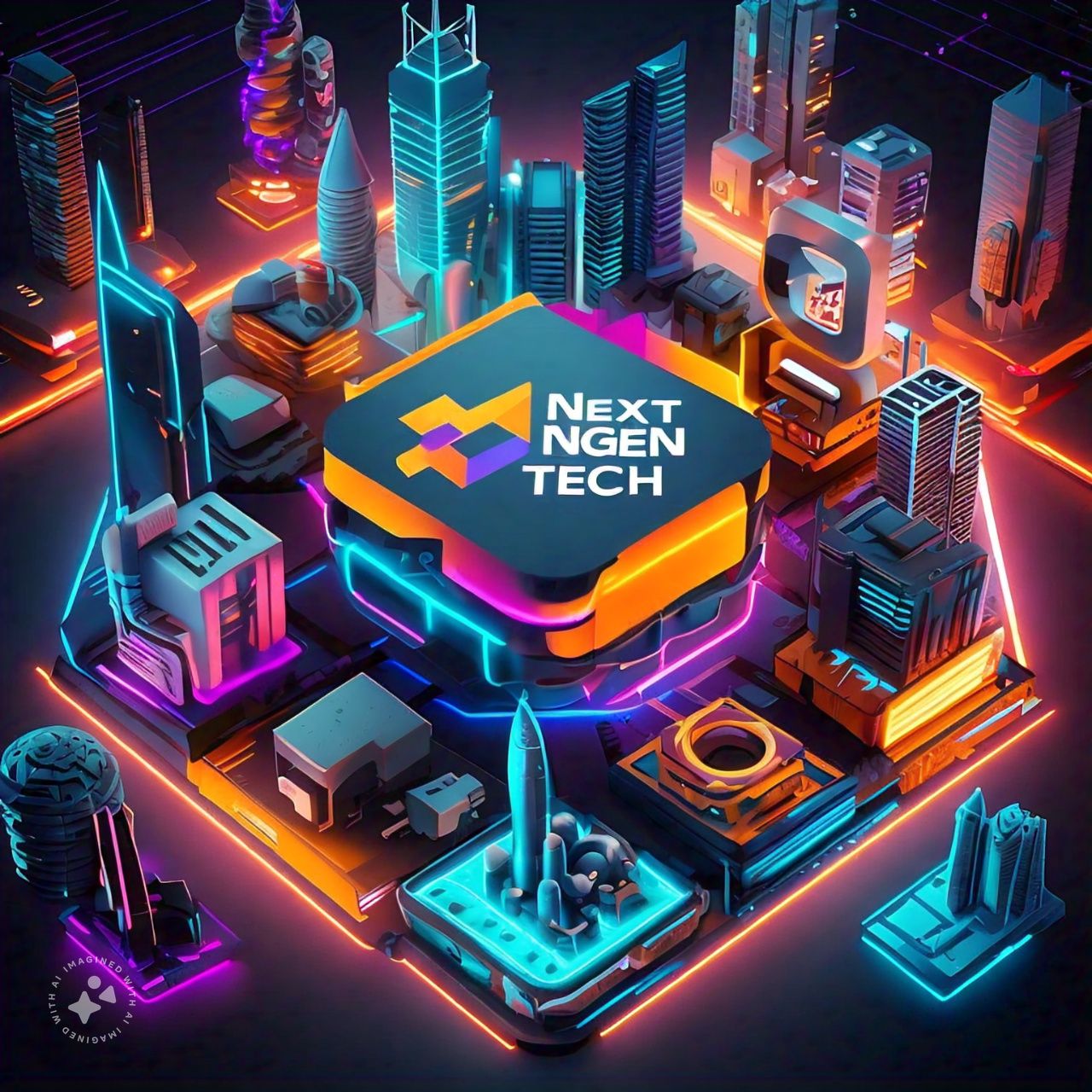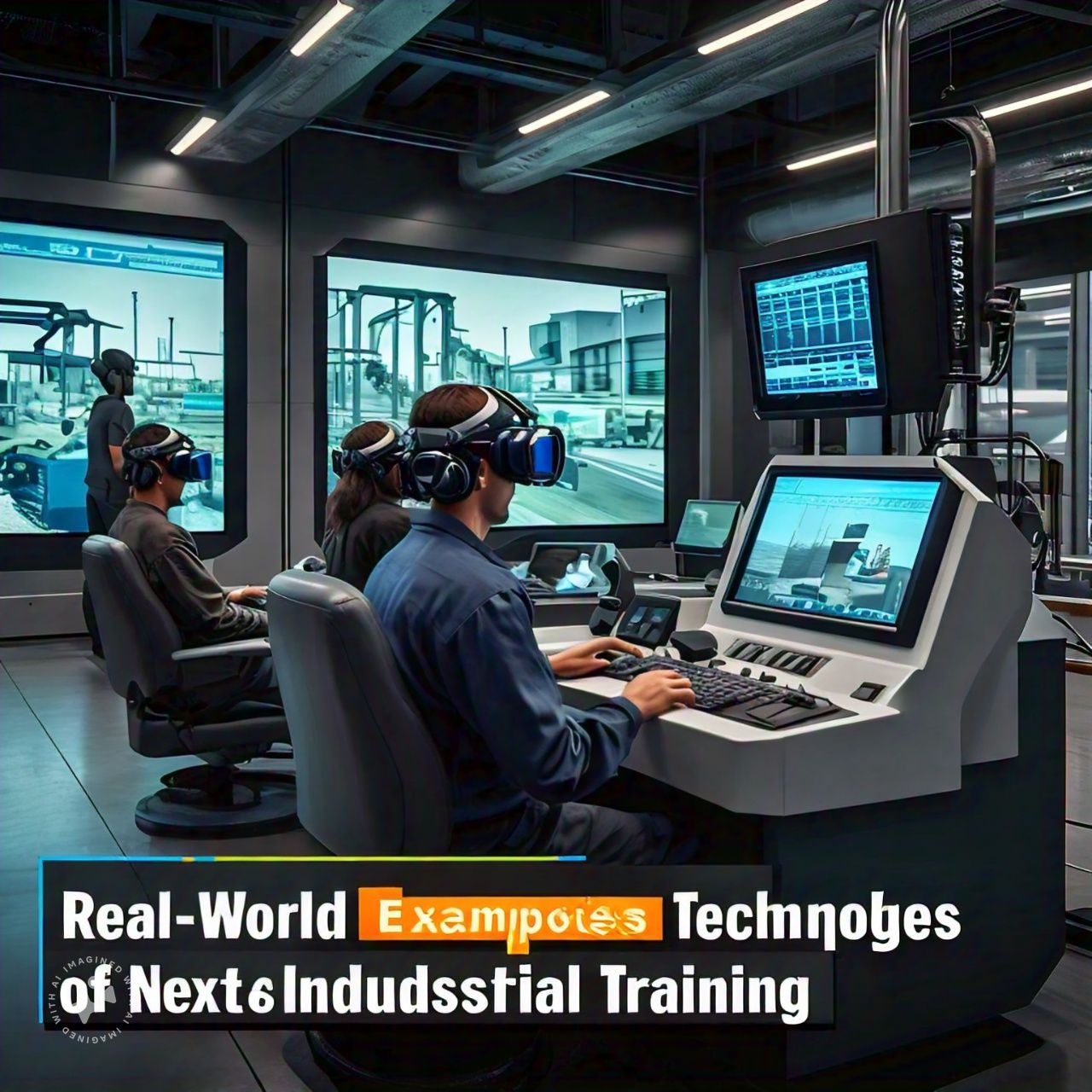
The industrial sector is constantly evolving, and with the rapid pace of technological advancements, training methods have had to keep up. One of the most innovative approaches to training that has emerged in recent years is NextGen Virtual Training for Industry. This cutting-edge training solution uses virtual reality (VR), augmented reality (AR), and immersive simulations to provide industrial employees with hands-on, practical experience in a safe and controlled environment. Companies around the globe are adopting NextGen virtual training to bridge skill gaps, improve safety, and increase efficiency in the workplace.
In this article, we’ll explore how NextGen virtual training is revolutionizing the industrial sector and highlight several success stories from companies that have benefited from this technology.
What is NextGen Virtual Training for Industry?
NextGen virtual training refers to the use of advanced VR and AR technologies in industrial training programs. This immersive approach allows employees to experience real-world scenarios without the associated risks. Instead of relying on traditional classroom-based instruction or on-the-job training, virtual training offers a controlled environment where learners can engage with complex machinery, emergency situations, and even dangerous tasks, all without endangering themselves or the workplace.
This technology is highly versatile, enabling companies to create customizable training programs that cater to specific operational needs. Whether it’s for maintenance, operations, or safety procedures, NextGen virtual training provides an invaluable tool for enhancing the skills of industrial employees.

How NextGen Virtual Training is Changing Industrial Sectors
The industrial sector, which includes fields such as manufacturing, energy, construction, and logistics, faces unique challenges. High-stakes tasks, complex machinery, and the need for precise execution mean that employee training is critical. The risks associated with these jobs make it difficult to conduct traditional on-the-job training without exposing workers to potential hazards. This is where NextGen virtual training steps in, offering safer, more efficient, and cost-effective alternatives.
Here are some ways NextGen virtual training is transforming industries:
- Safety Enhancement: Virtual training allows workers to practice high-risk tasks without putting themselves in danger. For example, training employees on how to handle equipment malfunctions or emergency situations in a virtual setting helps them build confidence and competence.
- Skill Development: NextGen virtual training enables employees to learn new skills, operate complex machinery, and troubleshoot issues in an interactive environment. This hands-on learning is often more effective than theoretical instruction.
- Cost Efficiency: By simulating real-world conditions, companies can reduce the need for physical resources, equipment, and instructors. This makes NextGen training more cost-effective than traditional training methods.
- Consistency in Training: Virtual training ensures that all employees receive the same high-quality instruction, regardless of location. This is particularly important for companies with multiple facilities or international operations.
- Employee Engagement: The immersive nature of virtual training engages learners in ways that traditional training cannot. This increases knowledge retention and makes the learning experience more enjoyable.
Success Stories of NextGen Virtual Training in Industry
Several industries have successfully implemented NextGen Virtual Training for Industry, with impressive results. Below are some success stories from companies that have used this technology to transform their training programs.
1. BP: Improving Safety in Oil and Gas
The oil and gas industry is known for its hazardous environments, where safety is paramount. BP, one of the largest oil companies in the world, turned to NextGen virtual training to improve safety training for its employees. Using VR simulations, BP has trained its workers on emergency scenarios, such as oil spills, fires, and equipment malfunctions, without exposing them to actual danger.
The company reports a significant reduction in safety incidents following the implementation of virtual training. Workers are now better prepared to handle emergency situations, having practiced them repeatedly in a virtual environment. BP’s success demonstrates how NextGen virtual training can enhance both safety and confidence in high-risk industries.
2. Siemens: Maintenance Training for Complex Machinery
Siemens, a global leader in automation and manufacturing, adopted NextGen virtual training to improve its maintenance training programs. Siemens’ industrial plants require employees to work with complex machinery that can be difficult and costly to train on in a live setting. The company implemented VR training modules to teach workers how to operate, repair, and maintain these machines.
Through virtual simulations, employees can practice disassembling and reassembling machinery, troubleshooting errors, and performing routine maintenance. This training has not only reduced downtime and maintenance costs but also improved the overall skill level of Siemens’ workforce. By integrating NextGen virtual training into its operations, Siemens has enhanced its efficiency and saved on training costs.
3. Ford: Enhancing Assembly Line Training
The automotive industry is another sector that has benefited from NextGen Virtual Training for Industry. Ford, a global automotive giant, incorporated VR training into its assembly line operations. Ford uses VR simulations to train workers on assembling vehicle components, identifying potential errors, and improving production workflows.
The result? A reduction in production errors, increased assembly line efficiency, and a smoother workflow. Ford’s use of NextGen virtual training has allowed new employees to hit the ground running, improving overall productivity.
The Future of NextGen Virtual Training in Industry
The success of these companies highlights the immense potential of NextGen virtual training in industrial sectors. As technology continues to evolve, we can expect even more industries to adopt virtual training as a core part of their employee development programs. With advancements in AR, VR, and AI, NextGen virtual training will become more immersive and more accessible, allowing businesses to train their employees more effectively and efficiently.
The future of industrial training lies in harnessing the power of virtual environments to create safer, smarter, and more skilled workforces. Companies that invest in NextGen virtual training will be well-positioned to stay ahead of the curve, ensuring that their employees are equipped with the skills they need to thrive in a fast-changing world.
Conclusion
NextGen Virtual Training for Industry has proven to be a game-changer for companies in various industrial sectors. From improving safety and reducing costs to developing new skills and enhancing operational efficiency, virtual training offers a wide range of benefits. The success stories of BP, Siemens, and Ford demonstrate how this technology can revolutionize employee training and help businesses stay competitive in an ever-evolving landscape.
FAQs
- What is NextGen virtual training?
NextGen virtual training uses VR and AR technologies to provide immersive, hands-on training for employees in industrial sectors. - How does virtual training improve safety in industrial sectors?
Virtual training allows employees to practice high-risk tasks in a safe, controlled environment without exposing them to real-world dangers. - What industries can benefit from NextGen virtual training?
Industries such as oil and gas, manufacturing, automotive, and energy can benefit from NextGen virtual training due to its ability to improve safety, efficiency, and skill development.








